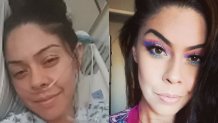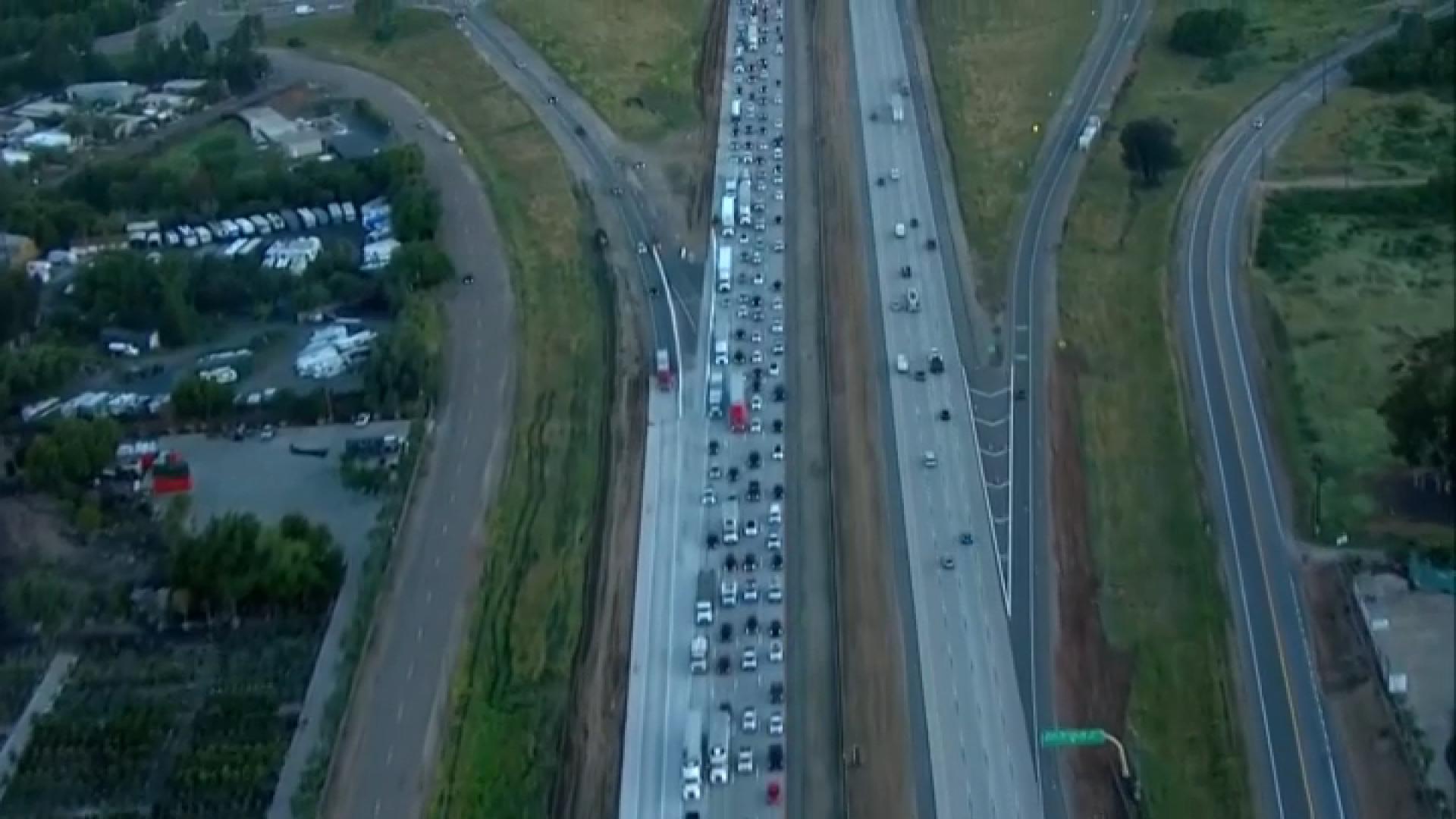President Donald Trump's actions and attitude -- including a drive-by for supporters outside Walter Reed National Medical Center on Sunday and tweeting "Don’t be afraid of Covid" on Monday -- over the past few days have been especially alarming for some people who have recovered from the coronavirus and for many medical experts who are not involved in politics.
NBC7 spoke to a survivor and a doctor who say that the president's message could convey a false sense of security.
For some, watching and reading about President Trump's improving condition is encouraging. But for others, like San Diego family medicine doctor Georgine Nanos, it’s also concerning.
“So even though Donald Trump may not have had severe symptoms and may be doing fine, that might not hold true for you or your loved ones, and is hard to predict," Nanos said. "He also has access to the best medical care in the world, and not everyone has that kind of access."

One doesn't have to look very far for reminders of the seriousness of COVID-19. Yvette Paz, 31, was healthy and fit when she contracted the virus.
Local
“It’s just a slap in the face to those who have gone through this,” Paz said.
The army veteran made it through, but six and a half months later, she has asthma and scarring on her lungs, among other residual medical conditions.
“I actually felt like I was drowning in my own lungs," Paz said. "I returned to the hospital, and they said I had severe pneumonia,” Paz said.
Paz told NBC7 that the president's words and actions following his Covid-19 diagnosis provide a false of sense security to the nation.
“I think following blindly to different people who are not doctors, who are not scientists and who are just out there is dangerous," Paz said. "It’s very dangerous,” said Paz.
Nanos agreed with that sentiment and urged the public to stay vigilant, especially going into flu season.
"Any one person being diagnosed, whether it’s the president or not, doesn’t change the fact that COVID-19 is still very much among us and can really affect people in very different ways that are very unpredictable,” Nanos said.



